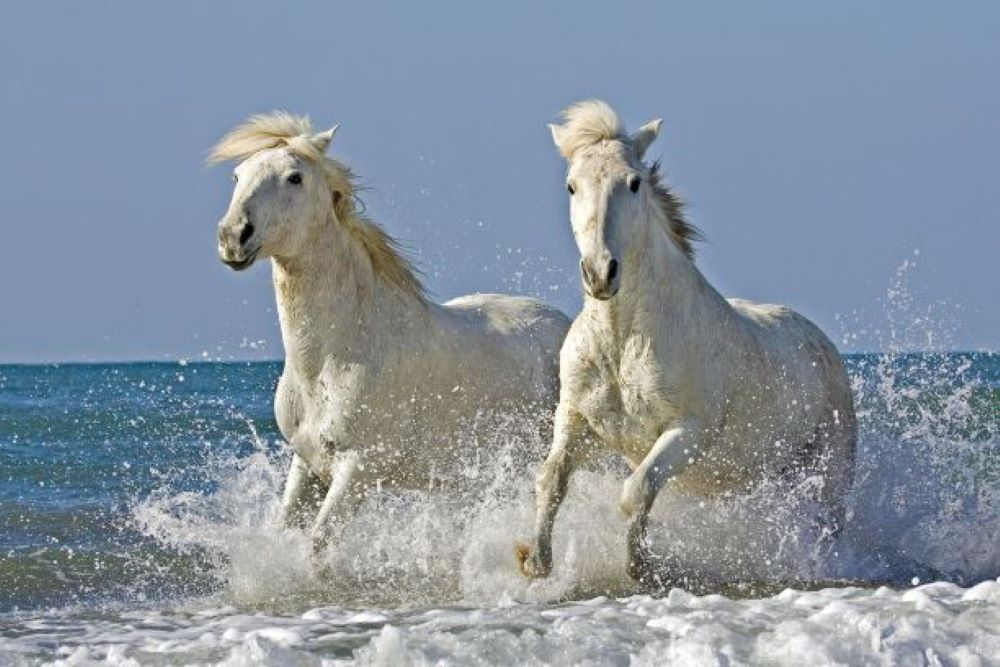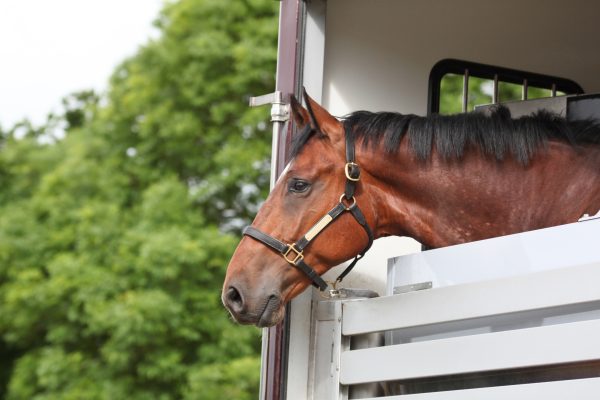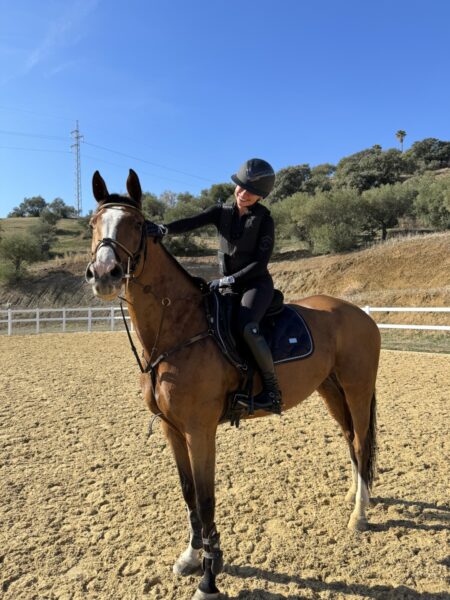
Why horses are afraid of water: causes and training tips

If you’ve ever wondered why horses are afraid of water, you’re not alone. While many horses enjoy splashing in puddles or even swimming, others show hesitation, anxiety, or complete refusal when facing water. Understanding the reasons behind this fear—and how to help your horse overcome it—can make all the difference.
Why horses are afraid of water
1. Inexperience
One of the most common causes of horse water fear is inexperience. If a horse has never encountered a puddle, stream, or wet surface, it might react with uncertainty or fear. Horses rely heavily on their eyesight to judge terrain. If the water is murky and they can’t see the bottom, it may appear unsafe.
2. Sensory Triggers
Strange sounds or reflections—like the noise of running water or sunlight shimmering on the surface—can confuse or scare a horse. Since water doesn’t always behave predictably, it may seem like a threat to an animal that thrives on consistency.
3. Past Trauma
Some horses associate water with negative experiences. A traumatic event, such as slipping in water or a stressful bathing session, can leave lasting impressions and cause fear.
How to Help a Horse Overcome Fear of Water
Most horses can learn to manage and even enjoy water with positive, gradual training. Here’s how to do it effectively.
1. Start from the Ground
Before riding, begin training from the ground. Lead your horse near a shallow stream or puddle and let them observe, sniff, and explore. Don’t rush—your goal is to build confidence at their pace.
2. Use Controlled Environments
Start small: a wet tarp, a hose trickling water, or a damp path. These safe, low-pressure setups help desensitize the horse to water in a positive way.
3. Reward Progress
Every small win matters. Use a calm voice, gentle praise, and possibly treats to reinforce the positive experience. A confident horse associates water with reward, not fear.
4. Incorporate Water into Grooming
Get your horse used to water during bath time. Start by wetting the shoulders, then move to the legs, belly, and head gradually. If your horse shows signs of discomfort, backtrack and proceed more slowly.
5. Let Another Horse Lead
Horses are herd animals and often follow the behavior of others. If possible, introduce your horse to water alongside a calm, experienced companion who already feels safe near or in water.
6. Stay Calm and Patient
Your horse feeds off your emotions. If you feel nervous, your horse will sense it. Stay relaxed and confident—never force, punish, or rush the process. Trust is built over time.
7. Ride Only When Ready
Only ride toward water once your horse is calm around it from the ground. In the saddle, approach slowly, ask for just a few steps, and then praise. The goal is to associate water with safety and calm, not pressure or fear.
Final Thoughts: Every Horse Has Their Own Timeline
Some horses may get comfortable with water in one session, while others might need days or weeks. The key is to avoid trauma and focus on positive reinforcement. With time and consistency, most horses can overcome their fear of water and even enjoy it.
By understanding the cause and applying thoughtful training, you can help your horse build trust and confidence—both in you and in the water.
Understanding why horses are afraid of water is the first step toward helping them face it with confidence, turning fear into trust through patience, consistency, and positive experiences.
Words and images by HSJ
© Rights Reserved.


















